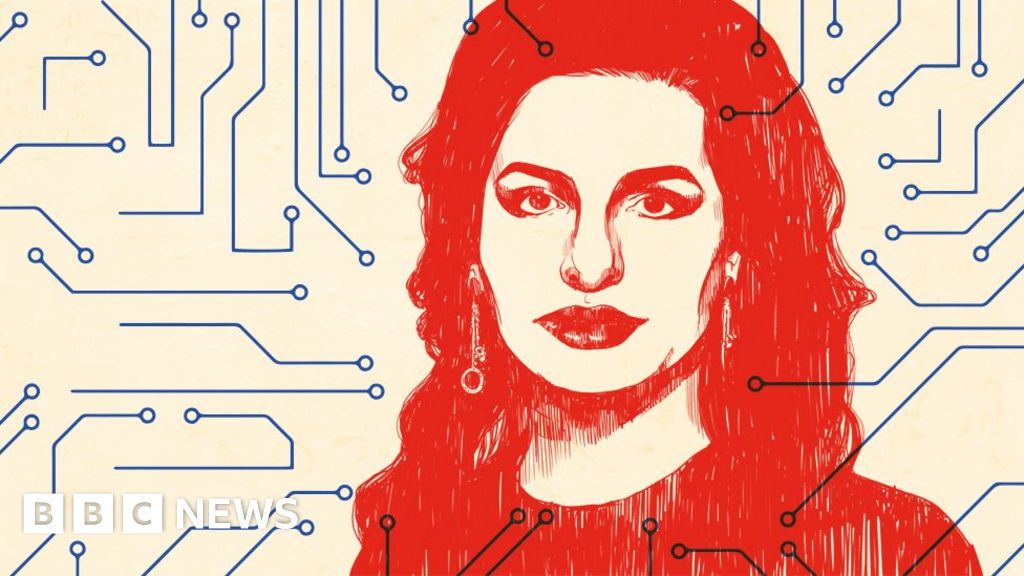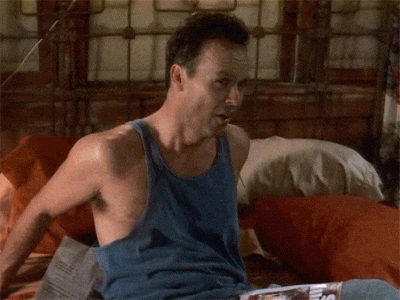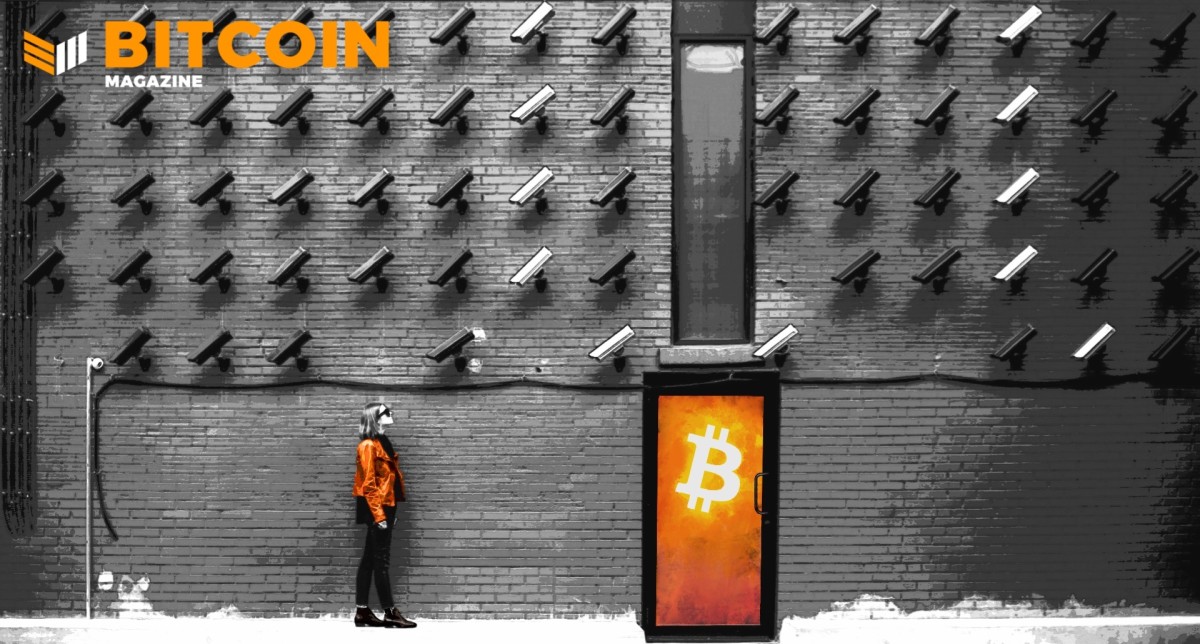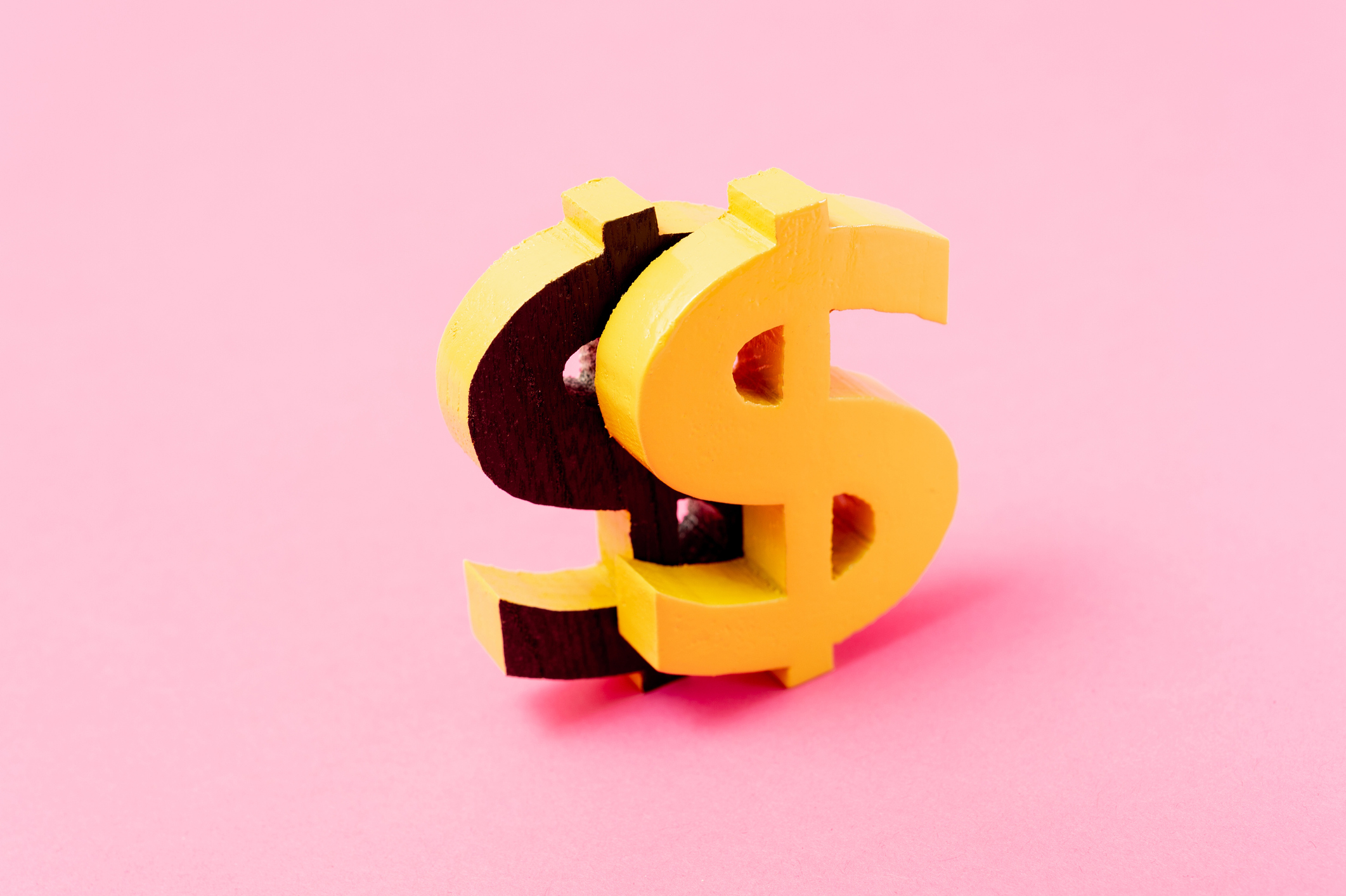So-called digital millionaire. He hasn’t sold yet? He is just looking at a number.
This ‘dogecoin millionaire’ refuses to sell and bought during the dip — now his stash is worth $2 million

Since becoming a “dogecoin millionaire” on April 15, Glauber Contessoto has continued to hold rather than sell — despite the coin’s ups and downs, he tells CNBC Make It. And now he says he’s a millionaire twice over.
Contessoto says he invested over $180,000 in dogecoin on Feb. 5, when it was priced at about 4.5 cents, and hasn’t looked back.
“I had already anticipated that [dogecoin] would drop,” Contessoto, 33, says, “and sure enough, it happened.”
Indeed, after reaching an all time high of about 73 cents on Saturday in anticipation of Elon Musk’s appearance on NBC’s “Saturday Night Live,” dogecoin then fell below 50 cents as the Tesla CEO called the cryptocurrency a “hustle” on TV.
Contessoto likened what happened around SNL to what happened with the price around the community-proclaimed “Doge Day,” April 20.
“The whole week leading up to it, everyone was hyping it up, prices going up, and then it crashes,” he says. “It’s the same pattern.”
On Thursday, dogecoin continued its decline below 40 cents after Musk announced that Tesla would no longer accept bitcoin as payment for its vehicles over environmental concerns.
But the price then started to go up again Thursday night after Musk tweeted that he’s “working with doge devs to improve system transaction efficiency. Potentially promising.” Musk had recently taken a Twitter poll as to whether Tesla should accept dogecoin.
This volatility is a reason why experts are very skeptical of dogecoin, even more than other cryptocurrencies, saying it’s highly speculative and a so-called meme trade based on social media buzz. They warn that investors could get burned.
For instance, Mike Novogratz, a crypto bull and founder and CEO of Galaxy Digital, previously told CNBC’s “Squawk Box” that while bitcoin is “a well-thought-out, well-distributed store of value that’s lasted for 12 years and is growing in adoption,” while dogecoin “literally has two guys that own 30% of the entire supply.” Bitcoin also has an extensive and well-funded ecosystem that does not exist with dogecoin, he said. And dogecoin does not have a supply cap like bitcoin does, all of this making it a much more risky investment, according to experts.
But the volatility doesn’t worry Contessoto, and he’s very bullish on the meme-inspired cryptocurrency long-term. In fact, he has since spent more money buying the dip — on Sunday, for example, he invested another $17,500 when dogecoin was trading around 47 cents, he says.
Contessoto says he used money he earned by selling other cryptocurrency he owned, along with money leftover after paying bills from his day job paycheck, he says. (Contessoto works at a music company in Los Angeles.)
“It’s taken me a long time, but I’ve learned how to stomach things like this,” Contessoto says. “The only way you’re going to guarantee your profit is holding long-term, like Warren Buffett has said about stocks. And I believe that wholeheartedly.” (Buffett is not a fan of cryptocurrency and says it has no value.)
As of about 7 p.m. EST on Thursday, Contessoto’s dogecoin balance is over $2.03 milion.
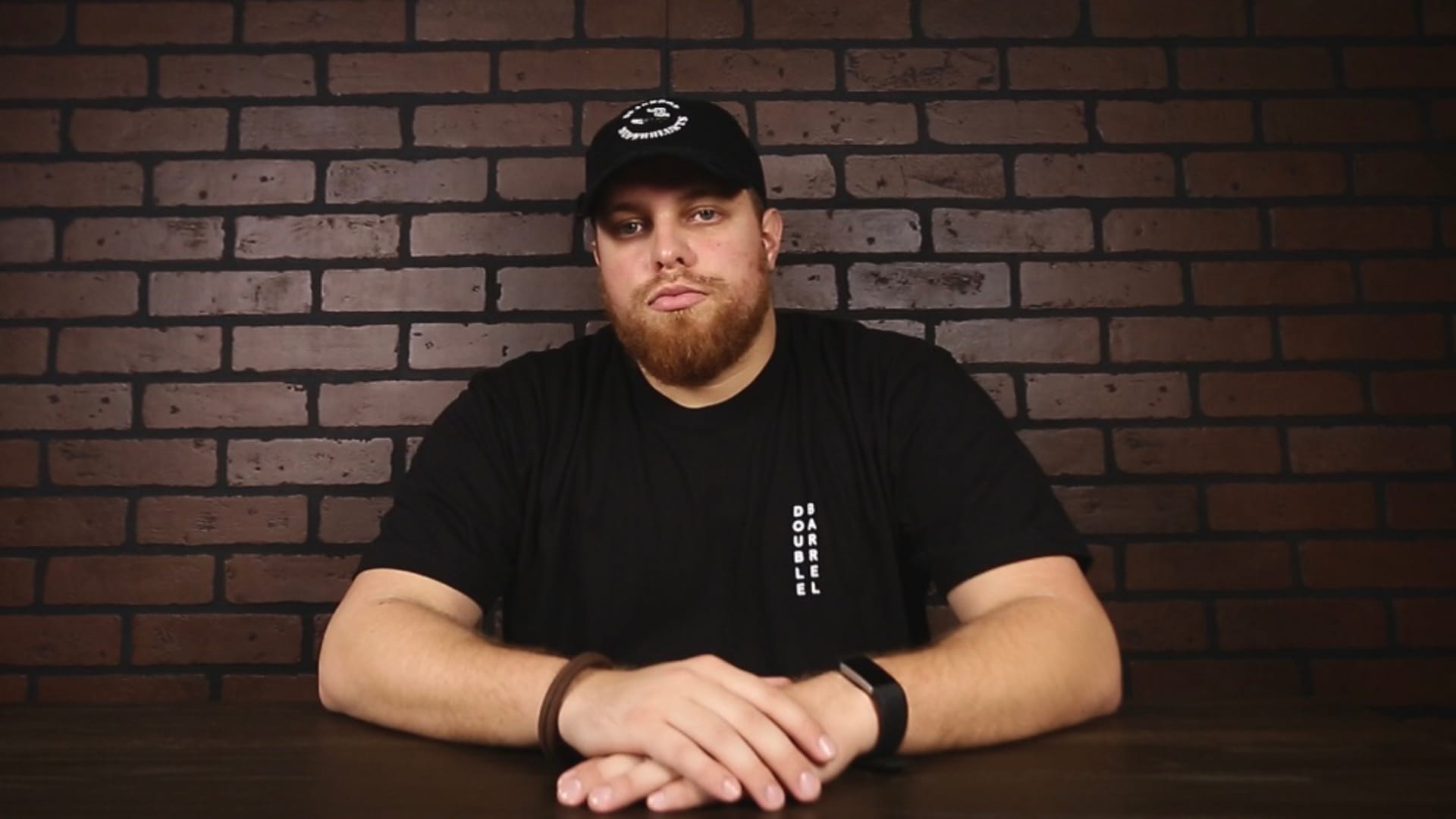
This 'dogecoin millionaire' refuses to sell and bought during the dip — now his stash is worth $2 million
Since becoming a "dogecoin millionaire" on April 15, Glauber Contessoto has continued to hold — despite the ups and downs, he tells CNBC Make It.www.cnbc.com


